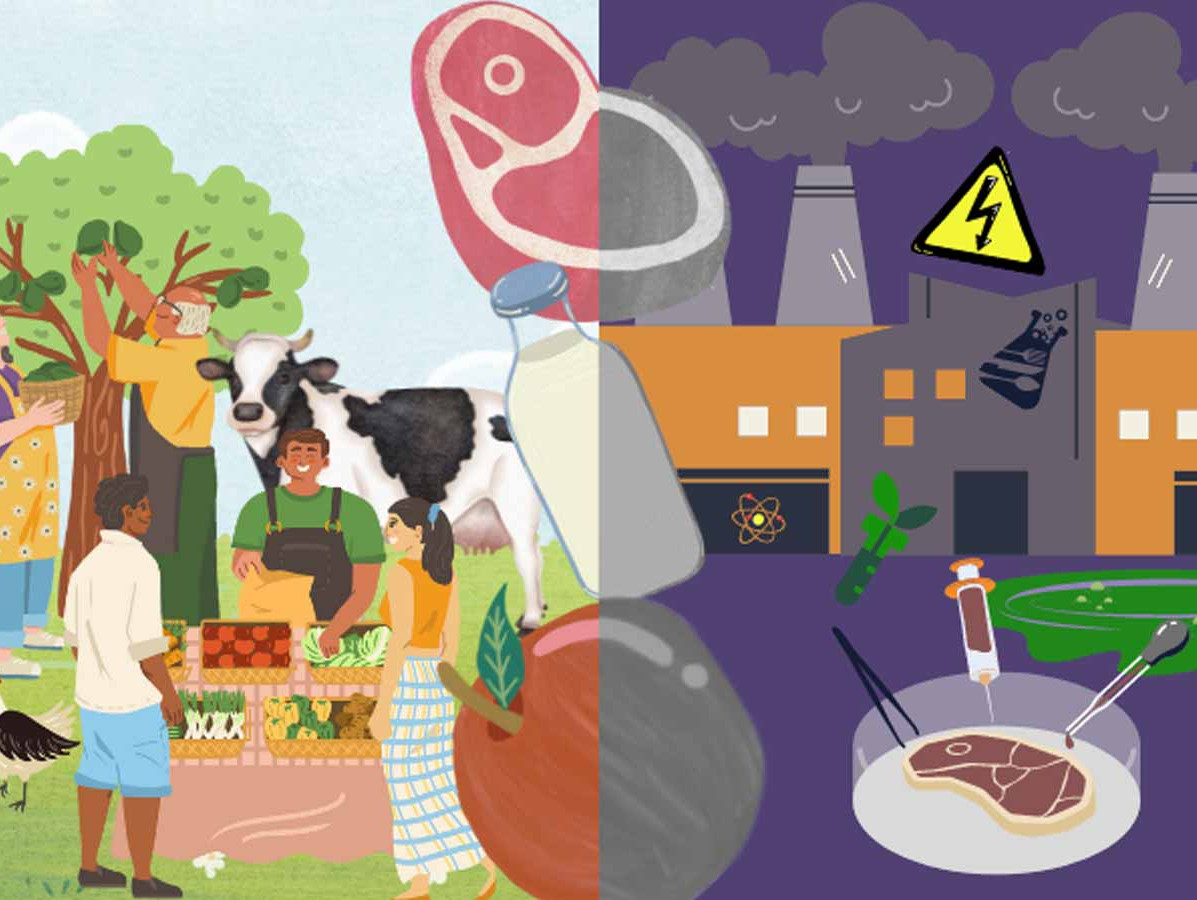
The World Farmers' Organization (WFO), a global organization representing more than 1.2 billion farmers, opposes the acceptance of laboratory-grown food as a substitute for food produced by farmers.
The position, adopted at the organization's General Assembly, emphasizes the importance of sustainable agriculture and expresses concerns about the potential impact of laboratory-produced food on global food security, food safety, human health, cultural heritage and the livelihoods of farming communities.
Laboratory-grown food, which is produced using tissues or cells in laboratories, is often promoted as a sustainable alternative to traditional farm foods. However, the WFO rejects this claim, emphasizing that there is no scientific evidence to support claims of greater sustainability.
Recently, the Food and Agriculture Organization of the United Nations (FAO) in collaboration with the World Health Organization (WHO) published a report, "Food safety aspects of cell-based foods. This report concludes that there is still much uncertainty about the nutritional value and long-term effects of laboratory-grown foods on human health. Moreover, the claims of reduced land and water use, reductions in greenhouse gas emissions, improved animal welfare and reduced risk of zoonosis are not yet convincing.
WFO emphasizes the essential role of farmers in creating resilient and sustainable food systems. The organization calls for collaboration among farmers, researchers and stakeholders in the food chain to address challenges and develop sustainable solutions for food production, processing, distribution and consumption.
Source: World Farmers' Organisation